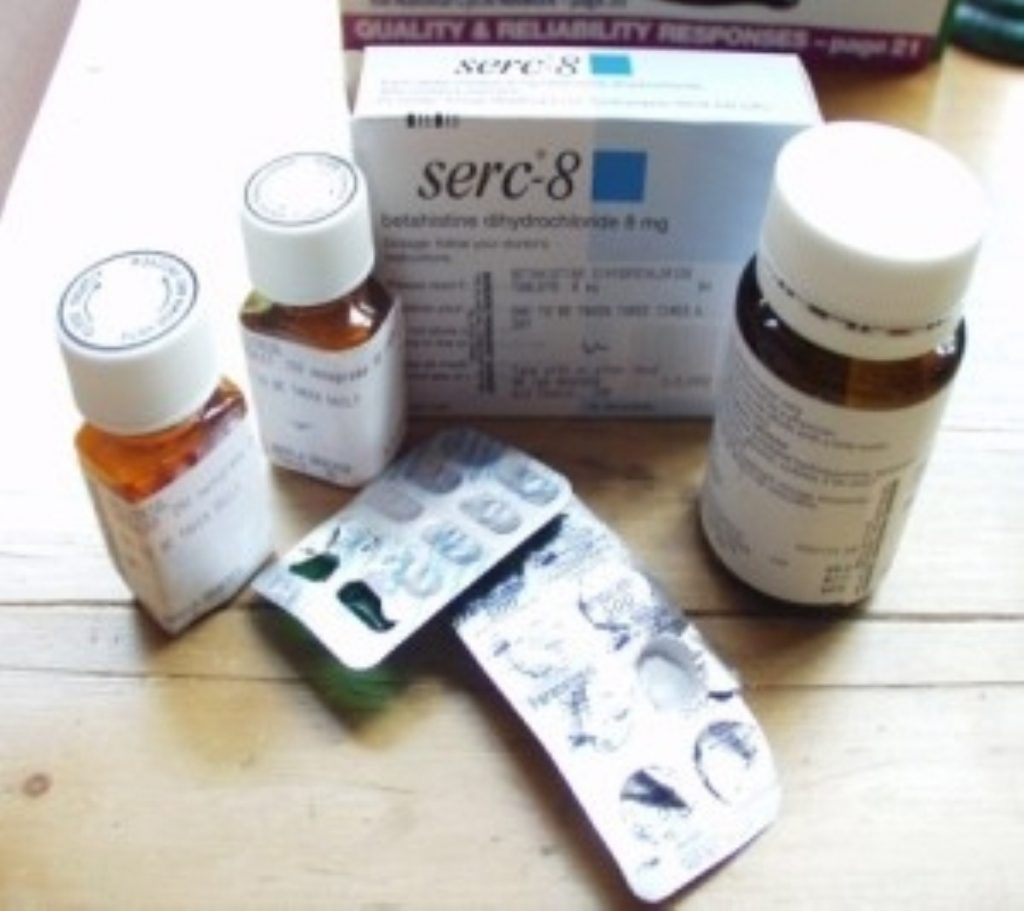Toxicologist calls for investigation into Prozac safety
A leading chemicals expert whose wife killed herself last year has called for further research into the safety of Prozac, believing that the drug contributed to his wife’s suicide.
Wendy Hay was founded hanged at her home last September, two months after being diagnosed with a recurrence of severe depression and shortly after being prescribed the standard daily dosage of 20 mgs of Prozac.
The coroner leading the inquest into her death ruled that the anti-depressant “may or may not have contributed” to Mrs Hay’s actions, stating that there was no conclusive proof that the drug was linked to the suicide.
Speaking on the Channel Four News this evening, Alistair Hay said that he did not intend to call the benefits of the antidepressant into question, but believed there should be more investigations into its alleged side-effects.


“This has not been a trial about Prozac. It has been a trial about the possible adverse effects of some dosages on some people, so people should not stop taking Prozac.”
Over 38 mn people worldwide are estimated to take Prozac, which is one of a family of drugs which boost levels of serotonin in the brain.
Some doctors have raised concerns that if SSRIs (selective serotonin reuptake inhibitors) are prescribed to people suffering only mild symptoms of depression and who are not clinically depressed, the drugs can cause vivid nightmares and suicidal tendencies.
Earlier this year a Government review began into the safety of popular antidepressants, after fears were raised that antidepressants such as Prozac may have severe side effects including violence and increased risk of suicide.
Eli Lilly, who manufactures Prozac, and GlaxoSmithKline, makers of popular SSRI drug Seroxat, have both denied claims that patients can become addicted to their drugs or that the medicines can cause violent or suicidal behaviour in patients.
The World Health Organisation states that depression is the fourth most common illness in the world.












